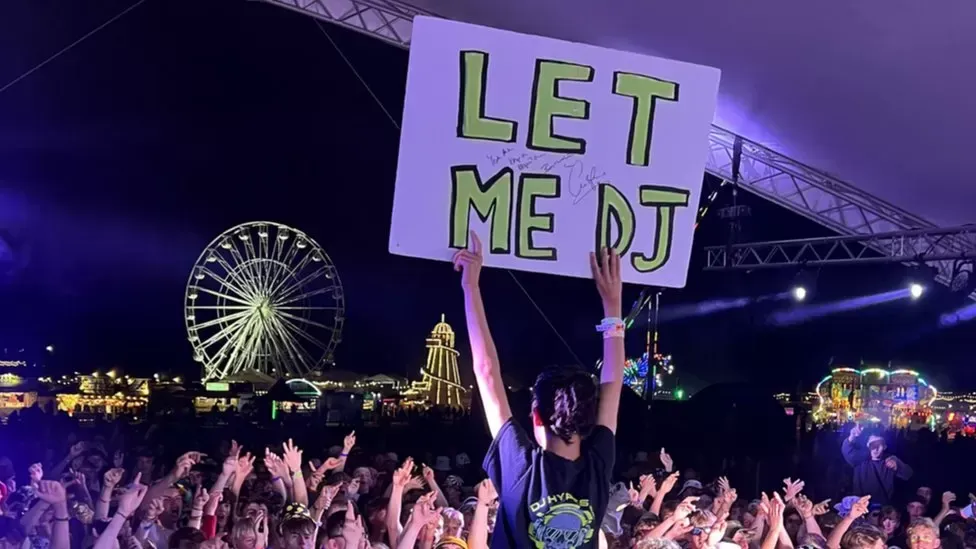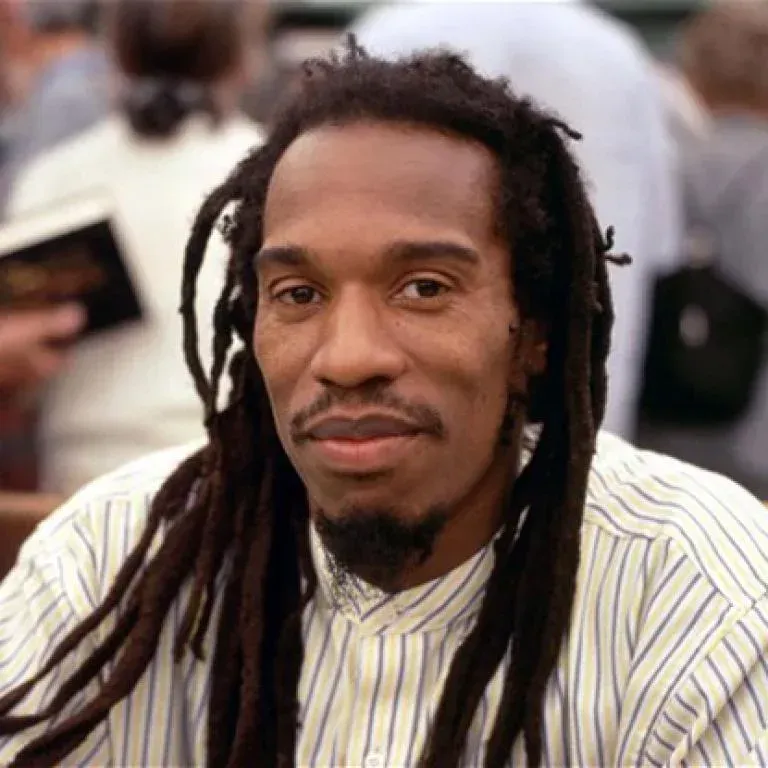Strikes Across the Country
Strike action is spreading across the country as the working class fights back against the rising cost of living due to the current historic inflation rate.
Those who have been continuously ignored and dismissed by the political class are demanding action to improve their lives. Last month workers at BT, the UK’s largest telecom company, voted in favour of their first nationwide strike in 35 years. This is the first time that a group of call centre workers in multiple sites across the UK have voted in favour of strike action. Engineers at BT’s subsidiary Open Reach, who are vital to maintain the UK’s internet infrastructure, also voted to strike with both groups voting at over 90% in favour of strike action. BT posted profits of £1.3billion and paid £700million to shareholders over the last year. The CEO of BT imposed a pay increase of £1500 for each of the company’s employees, while his earnings increased by over 32% to more than £3.5million. This flat pay rise represents an average increase of 5% far below the current inflation rate of 9.1%. The offer from BT of a 5% pay increase is really a 4% pay cut on what the workers had previously the year before. This inflation rate is only set to rise as the West struggles to maintain the sanctions it is imposing on Russia.
Similar to the situation faced by BT workers, rail workers represented by the RMT Union have been striking for an increase to their wages. Rail bosses made £500million in profit subsidised by the state last year and are putting up ticket prices in line with inflation while cutting real wages which will only increase their revenue. The RMT is asking for a small decrease to their real wages in light of inflation but the government is interfering to prevent this from taking place, as they don’t want this to be an example to workers across the country. The UK injected £16 billion into the rail industry when the pandemic hit. The privately run companies that control this industry said they would go bust without this money which was used to maximise their profits and sent to sit in tax haven bank accounts in Luxembourg and the Cayman islands. Now the Conservatives are trying to strip £2 billion out of the railway industry by taking it from the hands of workers instead of the companies that don’t need it.

The body content of your postEven barristers are striking. Currently barristers are overworked and underpaid, forced to oversee more cases than they can realistically handle at once as over the last decade the Tories attacked the British legal system and slashed lawyer’s fees. This gives more power to the rich to fight legal cases as they can afford premium representation while the legal defence of average people is severely limited. Many lawyers are simply leaving the profession altogether in search of better pay with 300 having left last year after decades of underfunding. Junior criminal barristers can only expect £12,000 in their first year of work and will have to build a practice after that. This is not enough for anyone to live off especially the majority of barristers who don’t have a wealthy family to rely on. It generally takes around five years or so for a lawyer to build up a practice after that first year as such having a salary high enough to survive on until then is crucial. If there isn’t money put into the hands of barristers the court system will continue to crumble ensuring that only the rich are able to get decent legal representation.
Interestingly despite the effect on people’s lives most people are not against the ongoing strike action. 45% of the public now support the rail strikes as opposed to 37%. Nevertheless Keir Starmer’s Labour Party refuses to back these strikes even though they are supposedly the party of the working class. They are essentially saying that workers shouldn’t be given a pay rise in these harsh times. Many in the Labour Party suggest that it’s not possible to increase workers’ wages in line with the highest inflation in 40 years. Shadow Secretary of State and Labour MP David Lammy didn’t support the railway strikes in recent television appearances. Instead he spoke of the impact that these strikes will have on those trying to get to work and suggested that they weren’t worth the disruption. There are no establishment voices willing to support the working class in either party, despite many of these Labour politicians having said that they supported unions when they were asking for Labour members to support them in election campaigns.
goes here. To edit this text, click on it and delete this default text and start typing your own or paste your own from a different source.

Strikes are needed for the working class to reduce the rising inequality in our country. Even the Labour party is protecting the ruling class and suggesting that workers should accept a pay cut while prices continue to rise. Only unions are left to represent the working class. The last time the country was in this position the rich won and we got 5 decades of growing inequality. The government has repeatedly bailed out the owner class in times of economic hardship while leaving the poor to suffer. Across British society we are seeing the rich use their power to ensure that they don’t have to pay the price of inflation. Those selling goods and services are allowed to raise the prices on their assets, as rents in London are going up around 15%, but workers are not allowed to bring up their wages and prevent themselves from falling into poverty. Ordinary people are expected to burden the brunt of our failing economy. These strikes are the last remaining source of power for the working class to fight back against their worsening conditions and pursue a fairer economy.












